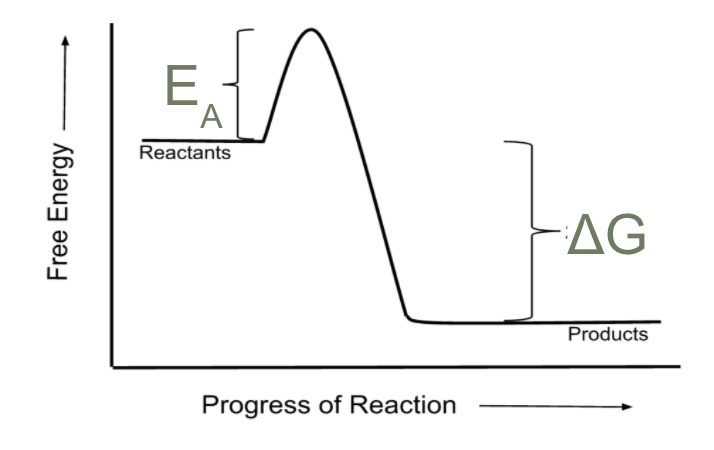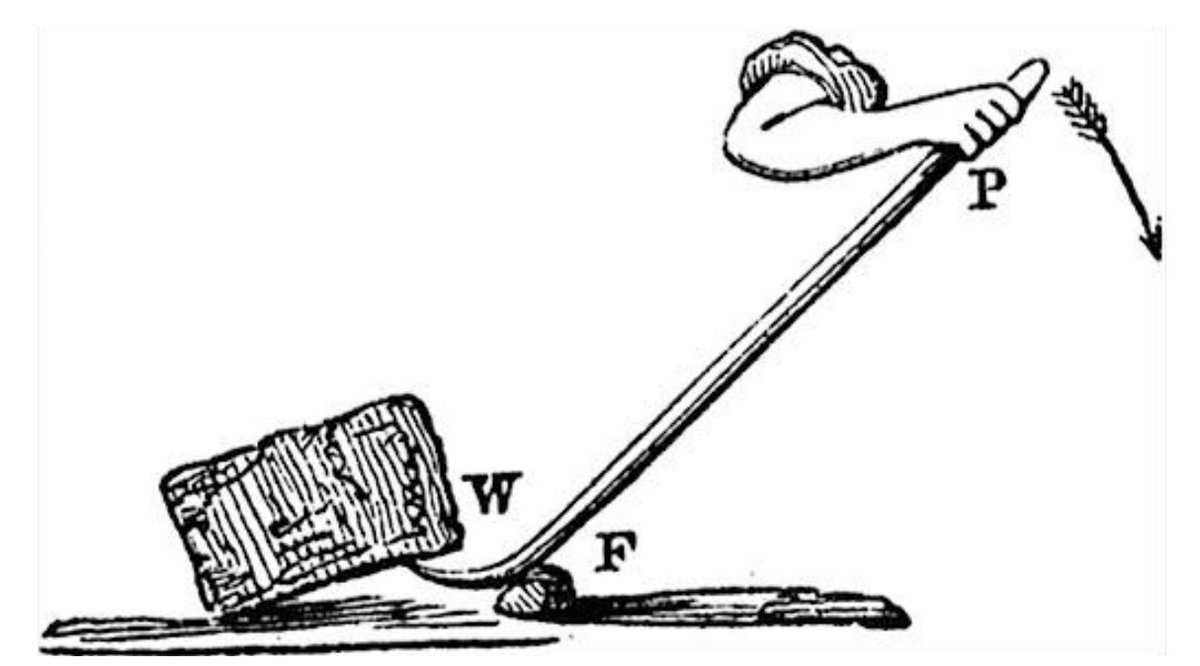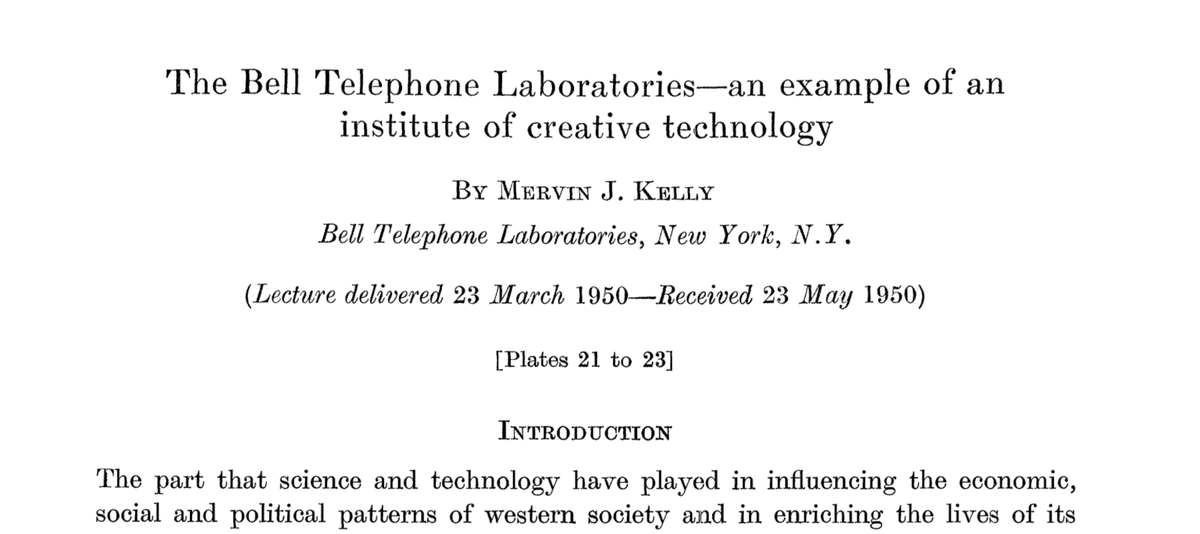A⚡️🧵on why we should #electrifyeverything to solve climate change while driving progress vs. degrowth /1
We make most of our electricity from fossil fuels in a manner future generations will find barbaric. Burn fuel to make heat to boil water to make steam to drive turbines to generate electricity. Lose about 2/3 of the energy to heat along the way yet spew all the carbon as CO2. /2
Ok so if electricity generation is so wasteful and dirty, we'd best minimize the amount of electricity we use in our energy mix right? /3
Turns out even if we're inefficient in producing electricity, increasing the share of electricity in our energy mix has correlated with a far MORE efficient society. Check out this rad data from 1899-1985 🤓 (source & caveats at end of thread) /4 

Simple way to think about the data: even if we throw away two joules of energy for every joule of electricity we make, that remaining joule of electricity is way more productive than all three joules would have been if used as heat. Not always true but holds across sectors. /5
And it's not surprising: electricity allowed us to be way more productive because unlike the heat & steam that powered the industrial revolution, electricity lets us produce with information + control + organization + automation. No longer at the mercy of shafts and pulleys! /6 

Alert: we don't need to make electricity like fossil-burning barbarians anymore...because science! We invented ways to make electricity from sunshine & l̶o̶l̶l̶i̶p̶o̶p̶s̶ cool breeze instead. And now clean, renewable electrons are the cheapest electrons on earth. #winning /7 

So... (1) We can make super cheap, carbon-free electricity, (2) Every joule of renewable electricity we bring online effectively displaces 3 joules of fossils + associated CO2 emissions, and (3) Electricity makes us healthier & more productive. Q.E.D. 👉 #electrifyeverything /8
BUT #electrifyeverything will remain a techno-optimist dream without a major step change in political will. We're smart about how we use electrons once out of the outlet, but our power grid was built a century ago to move electrons like heat/steam - it's old, dumb & dangerous. /9 

Lots of tech solutions for a smarter grid: power flow control, HVDC, storage, vehicle-to-grid, etc. But regulation + lack of central planning has us pushing on a rope. We desperately need to learn how to convert $ into infrastructure in this country. /10
https://twitter.com/elidourado/status/1458119164904738825?s=20
Lots riding on this: a renewable power grid at global scale can give us the sustainable e-lives we deserve: induction, heat pumps, EVs plus carbon free/neg plastic, cement, metals, fuels. Shout out to @activatefellows inventing those pieces! activate.org/fellows /11
Want to help #electrifyeverything? Still skeptical? Either way: go buy @GriffithSaul's new book Electrify & check out rewiringamerica.org (featuring @activatefellows Sam Calisch) for one of the clearest takes on solving climate change with progress not degrowth. /12
Postscript 1: Data above is from Electricity in the American Economy. To preempt comment: yes 1) elec share & productivity leveled off a lot since the 70s, 2) correlation ≠ causation, 3) diminishing returns from electrifying industrials. Still..the future remains electric ⚡️ /13 



Postscript 2: the #electrifyeverything thesis clicked for me when I stumbled on the data above back in 2008. Stayed up nights pulling together a big tech talk at Google, and it fell so flat I shelved it. Now --> a tweet in hopes one day I can say "this held up well!" 😁 /14 



• • •
Missing some Tweet in this thread? You can try to
force a refresh







